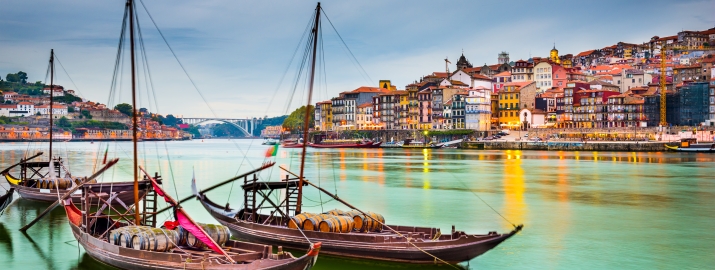
Are you considering a move to Portugal, but not sure where to start? Look no further than the Portugal D7 Visa, a program that grants temporary residency to those who can demonstrate regular passive income.
With stunning coastlines, charming cities, and a favorable tax system, Portugal has become a popular destination for expats.
In this ultimate guide, we’ll dive deep into everything you need to know about the Portugal D7 Visa, including eligibility requirements, application process, and tips for a successful relocation. Let’s get started!
What Is D7 Visa Portugal?
D7 Visa, aka Passive Income Visa, is a special visa granting residence rights to foreigners.
It especially attracts foreign retirees, investors, remote workers, and freelancers living off of their monthly income. This is why it is also called a passive income visa.
Passive income is income that takes little to no effort to earn and maintain. Passive income includes those gained from investments, pensions, real estate rentals, movable properties, and such others.
The requirement is that you need to prove that you have the minimum required amount of income to maintain your life in Portugal. This amount is €9,840 per year as of Jan. 2024.
Type Of The Visa: Residence Permit
The D7 Visa is basically a residence visa allowing you to obtain a residence permit in Portugal. As a first step, it is valid for two entries and grants you the right to stay in Portugal for a period of four months.
Later, when you are in Portugal, you apply for the actual residence permit from the Portuguese Immigration and Borders Service (SEF), bringing additional documentation.
When SEF approves your residency permit, you will receive a residence card which is valid for two years. After this period, you can renew it every two years. Finally, you can apply for a permanent residence permit in Portugal at the end of five years.
Family Reunification
When you obtain a residence permit through a D7 Visa, your family members also have the right to obtain it as well. This is based on the family unification statute.
The holder of a residence permit is entitled to include members of his family living with them in another country. The members need to depend on or cohabit with the applicant. It is regardless of whether the family ties were before or after the resident’s entry into Portugal.
Below you can see which type of family members can benefit from the visa:
- Your spouse or partner
- Your minor or incapacitated children of the couple or of one of their spouses/partners
- Children of age who are dependent on the couple or one of the spouses, who are single and studying in an educational institution in Portugal
- Your parents or the parents of your spouse/partner, if they are dependent on you
- Minor siblings, if they are under your tutelage, according to a decision by the competent authority of the home country. The decision must also be recognized in Portugal as well.
You can make the request for family reunification at SEF in Portugal. The members must prove their relationship with you, and their accommodation, and means of subsistence as well. When their application is approved, they will obtain a residence card as well. The right of residence duration will be the same as yours.
Rights and Advantages of D7 Residency
As the holder of this residence permit, you are entitled to some rights in Portugal. There will be no need for a specific authorization regarding your foreign status. Below you can see the rights obtained from this visa:
